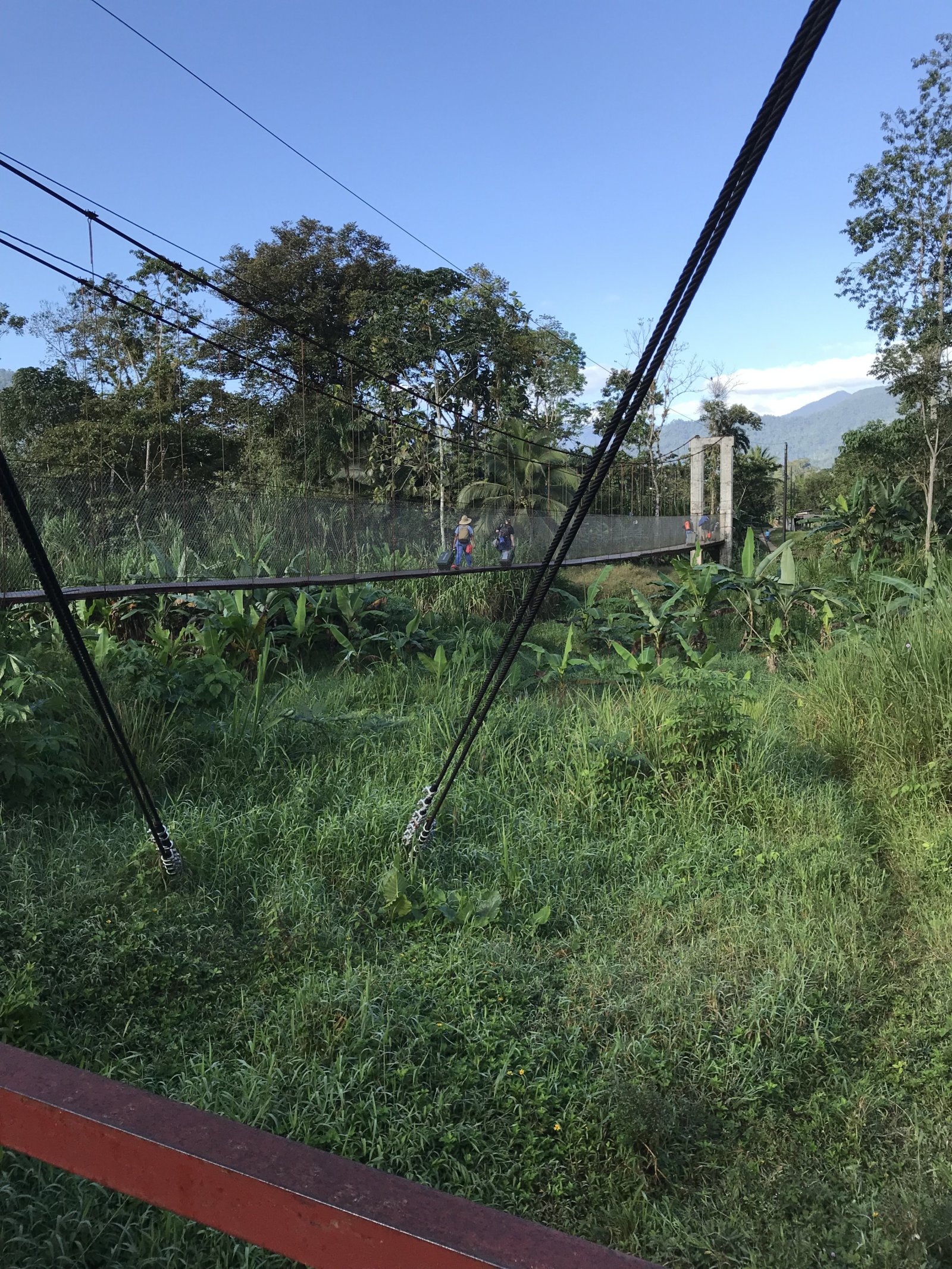Summary
Want to bring Bali’s art and fantastic culture home? You can delve into the island’s myriad outlets for shopping—from street vendors to traditional markets and modern malls. Small-town workshops in Central Bali and South Bali produce a wealth of items for tourists, including art, houseware, jewelry, clothes, and unique knick-knacks found in the boutiques, markets, and shopping centers across these regions.
Even prominent Western brands have a presence in Bali, with names like DKNY and Armani sharing space alongside local high-end brands such as Uluwatu lace and Animale apparel.
What to Buy
Bali’s rich heritage as a region steeped in royalty and high culture supports a diverse array of artisan communities specializing in various crafts. For instance, Batubulan is famous for its stone carving, while Sidemen is known for its exquisite textiles. In Central Bali, shoppers flock to Celuk for stunning gold and silverware, and Mas is a favored spot for intricate wood sculptures.
You can easily acquire fine Celuk-made earrings or striking Sidemen cloth, as Bali’s extensive range of artistic wares is accessible close to your accommodation, especially in the bustling tourist zones of Kuta and Ubud.
Balinese Masks
Artisans from Singapadu in Central Bali fashion topeng (masks) used for cultural performances and in Balinese temples. These hand-carved masks, often with exaggerated features, are used traditionally but can also be found for sale in art markets and malls around South Bali and Ubud.
Jewelry
The town of Celuk has established a long-standing reputation for its exceptional silver and gold jewelry craftsmanship. With the rise of tourism, visitors can explore numerous shops lining the main road, offering a wide selection of rings, earrings, bracelets, and brooches. Delving deeper into the village allows you to meet artisans directly and perhaps negotiate a better price. Local brands such as Prapen and Mario Silver deliver their creations not just in Kuta and Ubud but across various locations. Gold and silver dealers are also plentiful in Denpasar, especially at the junction of Jalan Hasanuddin and Jalan Sulawesi.
Sculpture
Bali’s craftsmen boast expertise in wood and stone, a tradition dating back to the ancient Balinese who created statuary for their rituals. Local stone sculptures, typically carved from sandstone, and wooden carvings portray traditional Hindu stories, alongside modern themes that increasingly fill shop displays.
Houseware
The rising interest from Australian homemakers has motivated many Balinese artisans to produce beautifully designed items that bring an Asian aesthetic to any kitchen. Check out Balinese department stores like Matahari and Centro Lifestyle for these products, or seek wholesale prices at establishments like Geneva, Krisna Bali, and Biarritz.
Fabrics
The textile market on Jalan Sulawesi in Denpasar, Bali’s capital, showcases both traditional and contemporary fabrics at wholesale prices. With options including batik, lace, and rayon, you can expect to find finished items (which come with higher price tags) in the upscale malls within South Bali.

Where to Go Shopping
The primary hubs for shopping in Bali are located in South Bali (notably Kuta, Legian, and Denpasar) and Central Bali (especially Ubud). Each region caters to distinct market preferences, although some overlap does exist.
South Bali
In South Bali, visitors often seek affordable souvenirs, fashionable clothing, jewelry, beachwear, and handicrafts. Those staying in this area are presented with numerous shopping options. They can commence their shopping adventure at Kuta Square, the main retail precinct, and either venture into high-end stores (like the Matahari Department Store) or discover local outlets (such as Geneva or Kampung Bali).
Central Bali
While exploring Central Bali, look for art and wellness products like essential oils, soaps, and incense. If your priority is affordability over luxury, the Ubud Market is worth a visit, where you’ll find a variety of inexpensive artwork, handmade wooden souvenirs, and vibrant batiks.
The streets extending from the town center—Jalan Raya Ubud and Jalan Monkey Forest—are home to boutiques offering higher-end items like soaps, jewelry, and gourmet preserves.
Further afield, the craft villages surrounding Ubud present opportunities for significant savings on art if you’re adept at negotiating. Mas is known for woodwork, while Celuk specializes in gold and silver, and Batubulan is recognized for its stone artisan traditions.
Shopping Tips
Do your homework. Understanding fixed prices in reputable shops beforehand allows for informed negotiations in Bali’s markets. If the rates in fixed-price shops align with your budget, you may not need to haggle at all.
Ensure items can be taken home. Be cautious, as not all products sold in Bali can be legally brought back to the U.S. Items such as pirated DVDs, weapons, animal hides, and certain alcoholic beverages could be seized or incur hefty fines upon your return.





